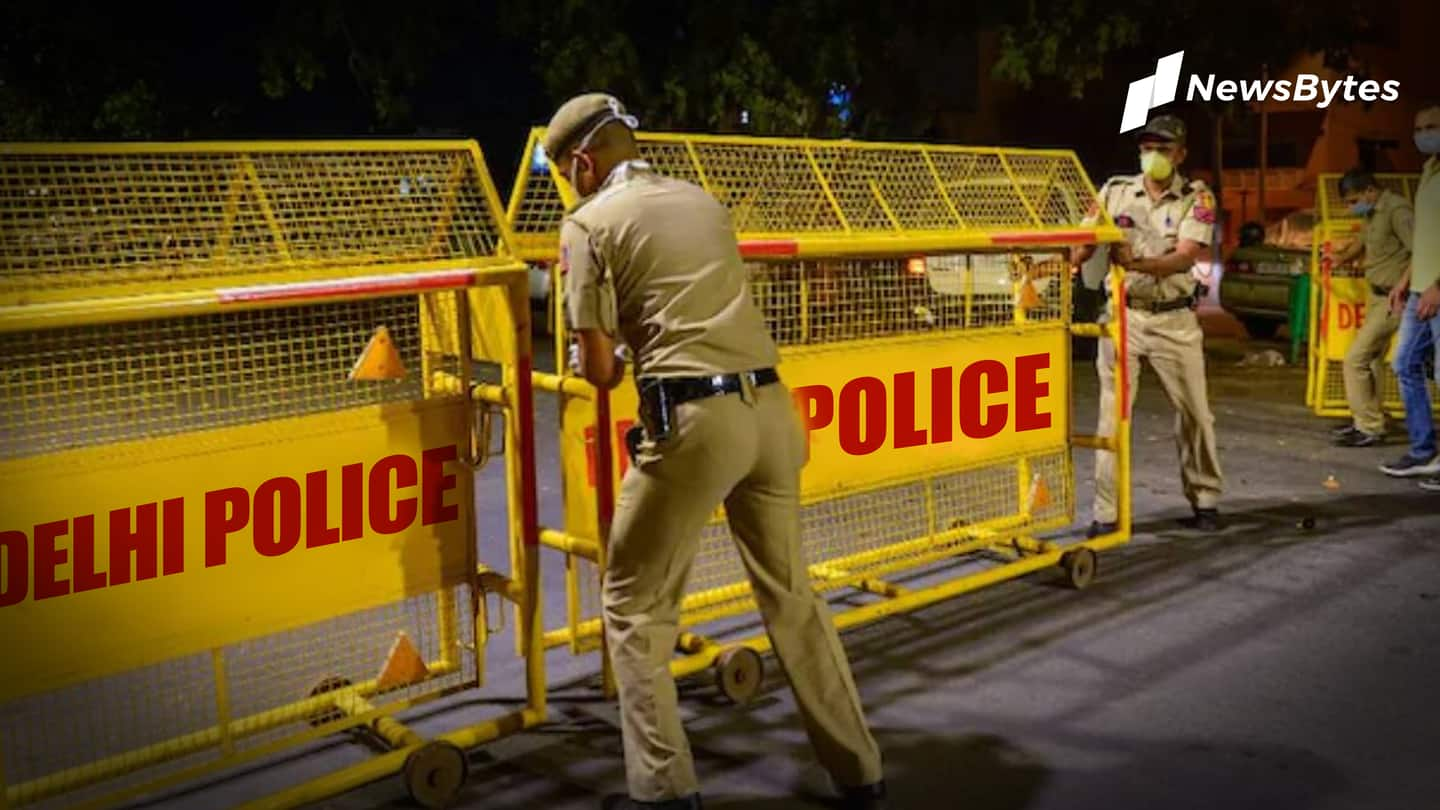
Night curfew imposed in Delhi on December 31, January 1
What's the story
The Delhi Government has imposed a night curfew between 11:00pm and 6:00pm on New Year's Eve (December 31) and New Year's Day (January 1) to restrict the New Year celebrations and curb large public gatherings.
This comes amid the alarm over the new, highly infectious coronavirus strain discovered in the UK and found among some people who returned to India from there.
Here's more.
Twitter Post
Two-day night curfew in Delhi
#IndiaFightsCorona:
— #IndiaFightsCorona (@COVIDNewsByMIB) December 31, 2020
In view of #COVID19Pandemic, Delhi Disaster Management Authority (DDMA) imposes night curfew in #Delhi on 31st December, 2020 and 1st January, 2021 from 11 PM to 6 AM. @ArvindKejriwal @CMODelhi @drharshvardhan @MoHFW_INDIA @PrakashJavdekar @ndmaindia
Restrictions
No New Year celebratory events, congregations, gatherings: DDMA
"No New Year celebratory events, congregations, and gatherings at public places shall be permitted from 11:00 pm of 31st December to 6:00 am of January 1st and also from 11:00 pm of January 1st to 6.00 am of January 2nd in the GNCT of Delhi," stated the Delhi Disaster Management Authority (DDMA).
However, interstate and intrastate movement of persons and goods is not restricted.
Advisory
Centre earlier urged states, UTs to consider imposing restrictions
Delhi's night curfew announcement comes after the Centre urged states and Union Territories on Wednesday to consider imposing restrictions to tone down New Year celebrations and curb crowding amid the COVID-19 outbreak and the mutant coronavirus strain scare.
It issued an advisory to the states/UTs to keep a strict vigil on New Year celebratory events that could turn out to be "super-spreader" events.
Statement
Need for maintaining comprehensive precaution and strict surveillance: Health Secretary
"Keeping in view the fresh surge of COVID-19 cases in Europe and Americas, there is still a need for maintaining comprehensive precaution and strict surveillance," Health Secretary Rajesh Bhushan earlier wrote to states/UTs.
"In the wake of New Year and various celebratory events associated...as well as ongoing winter season, strict vigil is required to be maintained to curb all potential 'super-spreader' events," he stated.
Details
20 UK returnees test positive for new coronavirus strain
The Health Ministry earlier revealed that 20 people who returned from the UK tested positive for the UK's mutant coronavirus variant believed to be 70% more contagious.
On Wednesday, the Centre also extended the suspension of India-UK flights until January 7. Between November 25-December 23 (midnight), around 33,000 passengers arrived from the UK. These passengers are being traced and RT-PCR tests are being conducted.
Information
Existing vaccines should be effective against new strain: Scientists
The mutant coronavirus was reportedly first detected in September in southeast England. While not much is currently known about this variant, researchers say it is much more transmissible. However, the current vaccines should be effective against the new strain, too, they say.
Details
Delhi prepared to deal with mutant virus strain: CM Kejriwal
Chief Minister Arvind Kejriwal, earlier on Tuesday, said Delhi is prepared to deal with the mutant coronavirus variant.
"At one point, 8,500 corona cases were coming to Delhi every day, which was the highest in the world. But the Delhi people controlled the corona (sic)," he said.
To note, eight of the 20 mutant strain cases among the UK returnees were recorded in Delhi.